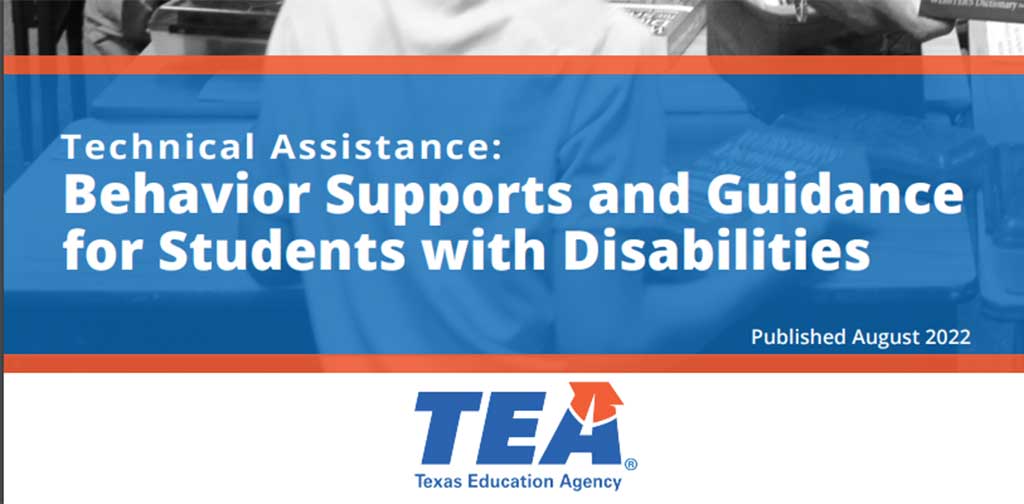Special Ed e-News at the Special Ed Connection advises that in the panic to write the IEP, cover all the necessary goals, objectives, benchmarks (if applicable), and figure out how to accurately measure progress, the PLOP (present levels of performance) often gets neglected.
If you are into acronyms, the PLOP is known now as the PLAAFP. The Present Levels of Academic Achievement and Functional Performance provide baseline information about your child’s knowledge and skills. Present levels are the starting point for setting IEP goals and measuring progress toward these goals.
Here’s what IDEA 2004 says about the PLAAFP …
The IEP must include…“a statement of the child’s present levels of academic achievement and functional performance…including how the child’s disability affects the child’s involvement and progress in the general education curriculum;…” 20 U.S.C. 1414(d)(1)(A)
The term “performance” describes what your child can do. The present levels of academic achievement and functional performance in the IEP:
- describe what your child knows and is able to do
- describe your child’s unique needs that result from his disability
- include your child’s strengths and the areas that are challenging
Before writing IEP goals for your child, you and other members of the IEP team need to know the measurable starting point for his knowledge or skill level. This is his present level of academic achievement.
Functional performance describes your child’s skills in daily living activities—social skills, mobility skills, employment skills, and skills that increase his independence.
Present levels (what your child can do) include baseline data from objective tests such as educational achievement tests.
[rescue_box color=”blue” text_align=”left” width=”100%” float=”none”]For more information about developing your child’s IEP, see our All About the IEP resources at http://prntexas.org/all-about-the-iep/[/rescue_box]
How can you know where you’re going if you don’t know where you started?
If the present levels are accurate, current, comprehensive, and based on objective test data, you will be able to see your child’s needs clearly. You will know his strengths and weaknesses and able to write measurable goals that will address his needs.
Every IEP must include a statement of present levels of academic achievement and functional performance. 34 C.F.R. 300.320(a)(1). If the IEP fails to establish a baseline for setting annual goals and monitoring progress, the IEP may be found to deny FAPE.
In a 2009 decision against the City of Chicago School District, a hearing officer ordered the district to reimburse the parents for private school tuition and to pay for an addition year of private school in preparation of high school. In this case, the hearing officer found that due to the lack of this information in the IEP, the IEP was not capable of offering the student a FAPE. City of Chicago Sch. Dist. 299, 52 IDELR 177 (SEA IL, 2009).
Learn more about Present Levels in the IEP >
This article is from Wrightslaw and is available online at http://www.wrightslaw.com/blog/is-your-plop-a-flop/



